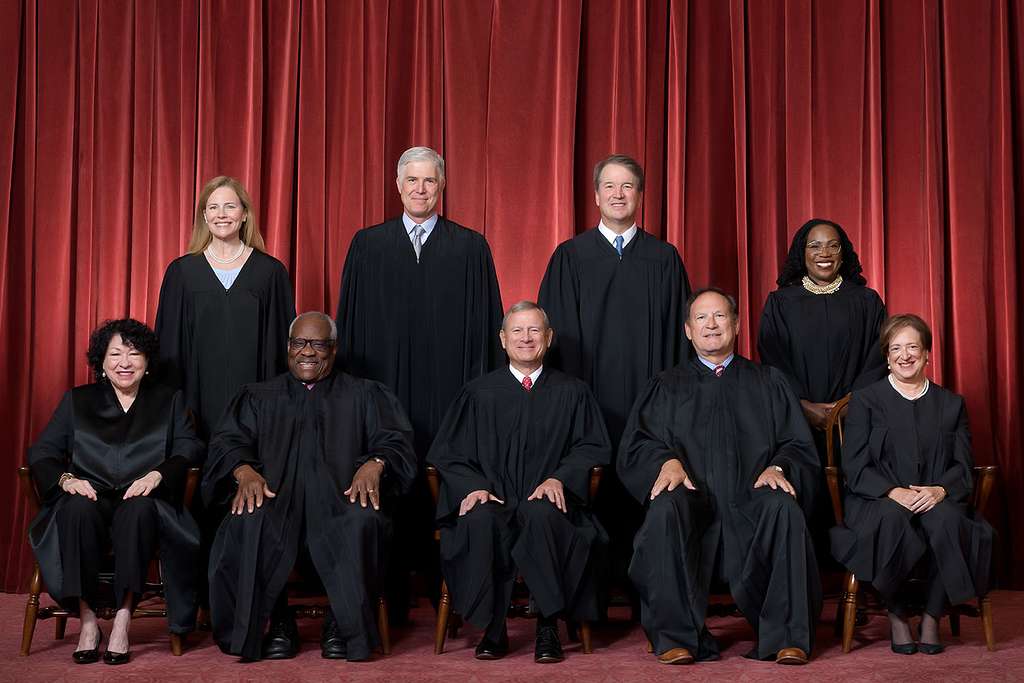As Americans prepare for the Trump Administration’s second term in office, many questions arise about the future of U.S. environmental policy and legislation affecting climate change. Throughout Biden’s time as president, tangible progress was made towards tackling this issue with a sense of urgency never seen before in U.S. politics. The Biden administration allocated more resources than ever to protect the environment, also making significant investments into clean energy sources, deprioritizing American fossil fuel independence, and re-establishing environmentally collaborative relationships with other countries. However, with Trump’s victory in the 2024 presidential election, a shift in America’s role in global climate action is anticipated.
The effects of Trump’s environmental deregulatory agenda were significant, not only in the U.S., as seen during his first term as president from 2016-2020. In the beginning of Trump’s first term, he promised to withdraw the U.S. from the Paris Accord, a global agreement which involves 195 countries across the world and works towards reducing greenhouse gas emissions to mitigate the effects of climate change. Countless regulations of air and water pollution were reversed in order to stimulate the American coal and oil industries. Beginning in 2020, the Biden administration established environmental protection as a central area of concern and set ambitious goals of reducing the U.S.’s net greenhouse gas emissions by 50% by 2050 and transitioning to 100% fossil fuel emission free electricity sources by 2035. Under the Biden Administration, congress passed the Inflation Reduction Act. This new legislation provided an unprecedented amount of resources aimed at the development of renewable energy sources. Even though Trump does not officially begin his second term until January of 2025, he is already staffing his administration with politicians aligned to his goals: growing the American economy at any cost to the environment.
Earlier this month, Trump appointed former New York representative Lee Zeldin as the new head of the Environmental Protection Agency (EPA). In the past, Lee Zeldin has voted against bills ensuring clean air and water regulations. He also fought against an initiative to form a climate protection office inside the White House. Zeldin and the Trump Administration have planned to roll back many of the significant environmental regulations put in place by Biden’s Inflation Reduction Act. It is likely that the nature of the EPA’s environmental regulatory control will change dramatically under Zeldin’s leadership.
Trump has also planned to withdraw the U.S. from the Paris Accord for a second time. This again raises the question on whether the U.S. will take a leading or backseat role in the global fight against climate change. As the country with the world’s second highest overall pollution, the U.S.’s involvement in the Paris Accord is seen as a crucial step in effective global environmental advocacy.
“As an American you consume more energy and resources per capita than nearly any other country, so your consumer choices have an outsized impact globally and touch lives across the world in ways you can’t even imagine.” Said San Marcos AP Environmental Science teacher Ms. Tilton.
One of the central goals of Trump’s campaign is to lift restrictions on oil drilling and increase fossil fuel production in order to strengthen the economy of the U.S. A well known Republican slogan often heard at recent campaign rallies is “Drill, Baby, Drill!”. As fossil fuel mining infrastructure is already in place, the economic gain is immediate in contrast to investments in renewable energy sources. This would be likely to delay or reverse the push towards renewable energy sources set up by the Biden Administration.
With 2024 set to be the warmest year on record, Americans and the world will be watching to see how Trump’s second presidency will affect the climate policies of the United States. It is no secret that Trump has long regarded Climate Change and its effects to be a hoax. The president elect has said that he will work tirelessly to overturn and deregulate many existing environmental protection regulations. As he builds his incoming administration, Trump is creating a coalition of like minded individuals with underlying goals to strengthen the US economy at any cost. However, the fight against global warming in America does not come to an end with the Trump Administration’s leadership.
When asked about how Americans can continue to make an impact on the fight against climate change, Ms. Tilton said, “Young people can lead the fight against climate change by making everyday decisions like choosing sustainable products/food, reducing single-use plastics, and conserving energy. Even more importantly, you can advocate for climate-conscious policies, support companies that prioritize sustainability, and raise awareness within your community. Every individual action counts, and collectively, these actions drive the market and policy changes we need to protect our planet. The fight for the environment starts with people asking questions about their lives and the systems they participate in and then choosing to speak up and act out to change them.”
Joining the Sustainable Future club on campus is a great way to get involved in our community. Ava Jane Damery, Sustainable Future club president said, “The best thing Americans can do is educate themselves on the climate crisis as a whole. We have to all come together to fix the damage we have created over time and restore Mother Nature. In the Sustainable Future Club, we know about climate justice, do you? Don’t fall into the trap of “fake climate news.” The truth is, our environment is dying and everyone needs to start doing their part – advocate for trees, waste management, reduce your emissions and carbon footprint, but most importantly educate yourself and others. Knowledge is power!”






















